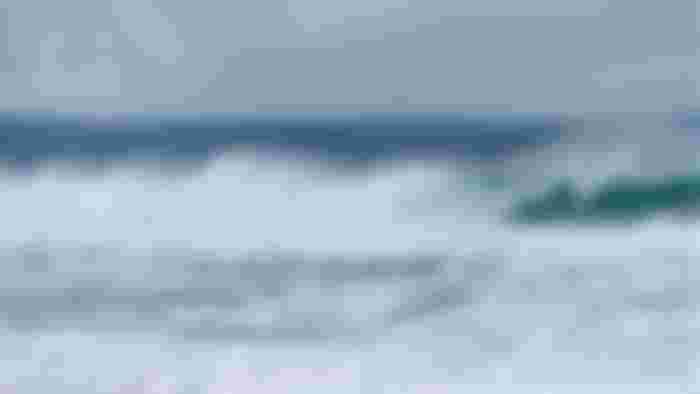
How humane
Are people human?
Water too
Kallol
You know,
I mean
I knew the mind last night,
*** The poet finds himself in the following verses. Although the poet seems to be an escapist in the poems, he seeks refuge in music, in love.
I want to see life in a positive way. In the writings of the poet - I have no color of pain, they have only one place
Bismillah Khan Sanai.
And when people turn away
Then only to you, Radhe -
Unhesitatingly, freely.
*** In another such poem we see the beautiful past from which the once weary man descends into the familiar world of the world. The poet writes -
"Do you still go to the roof today as you did twenty years ago?"
*** The poet points out that the reality that is hidden behind the reality is the real truth, so the real reality. The truth-seeking poet is steadfast in revealing and searching for the truth. We find it in poetry -
Dear Jesus,
Let me tell you at the beginning that nothing is right here. ...
*** In the following passages - the poet introduces the people, society and power representatives as friends who speak of light themselves but are not enlightened at all. Let's see -
They cover black with light,
They talk about light day and night
But their insides are very black;
So I want to take a good look before giving
Where the Judas are sitting in ambush.
*** The poet paints a picture of middle class youth in his poems. This picture is haughty, this picture is pure perception.
Here the poet recreates Haripada Kerani and Kantbabu again. The poet writes in his 16th poem -
"In this city, of course, everyone hears less -
I can't say he really doesn't want to. "
*** The poet remembers the madmen of one time. Some are real and some are pretty. Here is what Ginsberg said - I saw the best minds of generation destroyed by madness.
And the poet Reza Haque writes - there is no profit in trying, he knows the real madman;
Why take the fake to be original? If you are Niti?
*** The poet hopes that people and society will be free from the culture of conscience.
“If the conscience is a little
I used to get up, like fever, like mercury;
*** The poet questions the present. The poet’s clear position is against those who want to push others (us) backwards. I see in the following poem -
One of your bones
Return the certificate
The dragon of my childhood, the princess of Kaishar, the highway of youth
Give it back.
I'm not claiming your thinking was wrong,
But it was a little one-sided, you will agree;
*** When I see the poet prioritizing his hard-earned life against worldly expectations -
The farmer also knows the meaning of life
The sweet smell of the sun on the chest of rice;
What is the result of nectar?
*** Poem 59 is a shining example of Bengali nationalism and non-communal brotherhood. At the same time he points to a specific chapter in the past. The poet writes -
“Amal, something is burnt
On the porch of your house -
Kakima's red-green green sari given by the sun, "
*** In Poem No. 6, a glimpse of a classless society emerges in the poet's poem where it catches the eye - the poet wants to stand in the line of the common man by throwing away all the covers and ornaments. Does the poet really want to stand on his own or does he indicate equality and parity?
The poet writes -
“Monuments to civilizations,
Remove the diamond ring from the finger
Throw it into the deep sea. "
Writer : Nabil Siam...

Great post